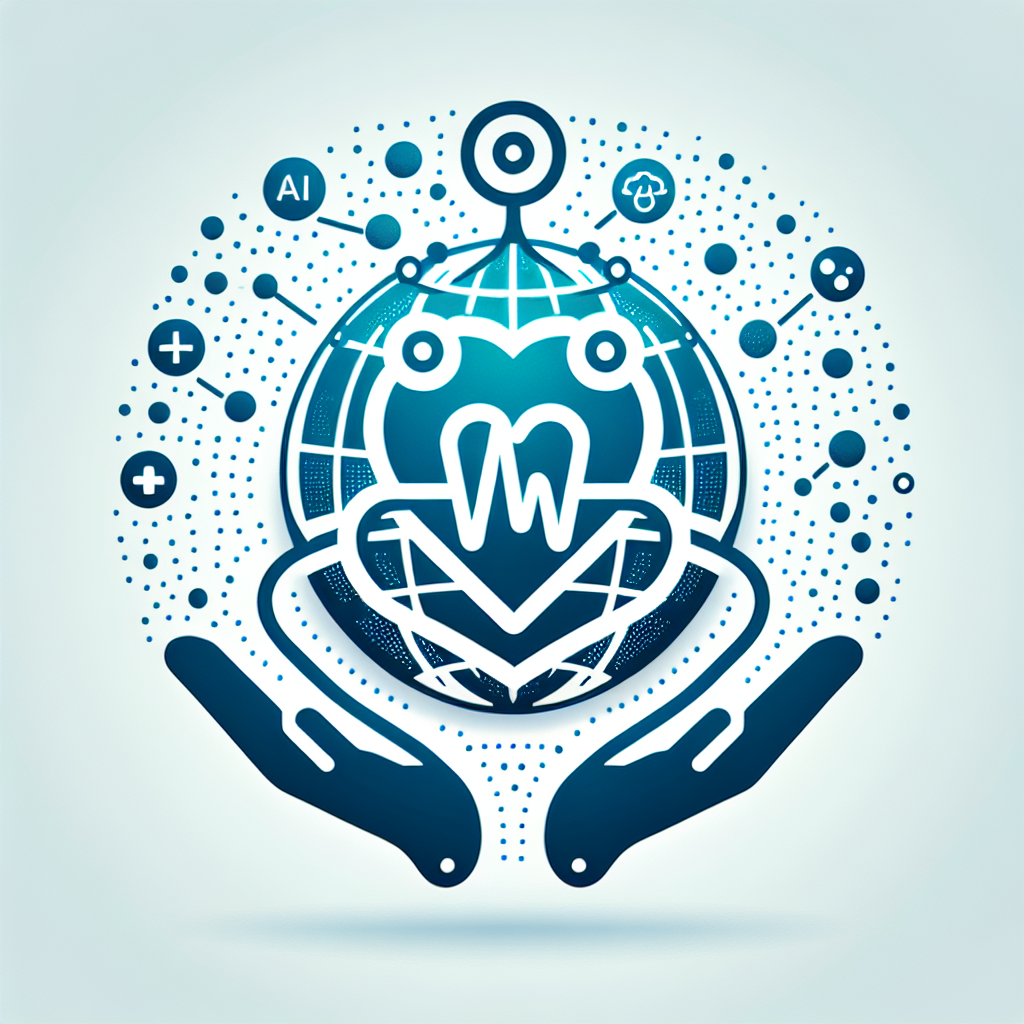Artificial intelligence (AI) has the potential to revolutionize the way we address health and wellness challenges through philanthropy. By harnessing the power of AI-driven approaches, philanthropic organizations and individuals can make a greater impact in improving the health and well-being of communities around the world. From predicting disease outbreaks to personalized medicine, AI has the potential to transform the way we approach healthcare and wellness.
One of the key ways in which AI can be used to address health and wellness challenges through philanthropy is through predictive analytics. By analyzing large amounts of data, AI algorithms can predict disease outbreaks and help public health officials take preemptive action to prevent the spread of diseases. For example, AI can analyze social media data to detect early warning signs of disease outbreaks, allowing for a quicker response from healthcare organizations and governments.
AI can also be used to personalize healthcare and wellness interventions. By analyzing an individual’s genetic makeup, lifestyle factors, and other data, AI algorithms can provide personalized recommendations for diet, exercise, and other lifestyle choices. This personalized approach to healthcare can lead to better health outcomes and lower healthcare costs in the long run.
Philanthropic organizations can also use AI to improve access to healthcare in underserved communities. By analyzing data on healthcare access and outcomes, AI algorithms can identify areas with the greatest need for healthcare services and help organizations target their resources more effectively. This can lead to better health outcomes for marginalized populations and reduce health disparities.
In addition to improving access to healthcare, AI can also be used to improve the quality of care provided to patients. By analyzing medical records and other data, AI algorithms can identify patterns and trends that can help healthcare providers make more accurate diagnoses and treatment decisions. This can lead to better health outcomes for patients and reduce the risk of medical errors.
Overall, AI-driven approaches have the potential to revolutionize the way we address health and wellness challenges through philanthropy. By harnessing the power of AI, philanthropic organizations and individuals can make a greater impact in improving the health and well-being of communities around the world.
FAQs:
Q: How can AI be used to address health and wellness challenges through philanthropy?
A: AI can be used to predict disease outbreaks, personalize healthcare interventions, improve access to healthcare in underserved communities, and improve the quality of care provided to patients.
Q: What are some examples of AI-driven approaches to addressing health and wellness challenges through philanthropy?
A: Examples include using AI to analyze social media data to detect disease outbreaks, providing personalized healthcare recommendations based on individual data, and identifying areas with the greatest need for healthcare services.
Q: How can philanthropic organizations and individuals harness the power of AI to improve health and wellness outcomes?
A: By investing in AI technology and partnering with AI experts, philanthropic organizations and individuals can leverage the power of AI to make a greater impact in addressing health and wellness challenges.
Q: What are some potential benefits of using AI-driven approaches in philanthropy?
A: Benefits include more accurate predictions of disease outbreaks, personalized healthcare recommendations, improved access to healthcare for marginalized populations, and better quality of care for patients.
In conclusion, AI-driven approaches have the potential to revolutionize the way we address health and wellness challenges through philanthropy. By harnessing the power of AI, philanthropic organizations and individuals can make a greater impact in improving the health and well-being of communities around the world. From predicting disease outbreaks to personalized medicine, AI has the potential to transform the way we approach healthcare and wellness. By investing in AI technology and partnering with AI experts, philanthropic organizations and individuals can leverage the power of AI to make a greater impact in addressing health and wellness challenges.

